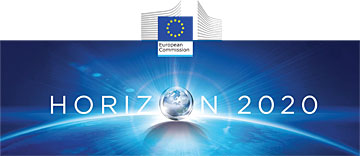A report analysing the dual support system for research funding in the UK and how it has changed since the 2001 Research Assessment Exercise (RAE) has told the Department for Business, Innovation and Skills that it is associated with a high level of concentration at the richest universities.
This report ‘Dual Funding Structure for Research in the UK’, analyses the links between research performance, research funding models and the knowledge exchange activities and research motivation of academics in the UK. It looks at the UK system of dual funding support in which university research funding is provided by both institutional block grants from the Funding Councils based on quality assessment exercises and by funding through peer reviewed competition from the Research Councils.
Prepared by the Centre for Business Research and the UK Innovation Research Centre, the report found that, when ranked by income, the top 10% of universities received 53% of mainstream Quality Related research funding and 64% of research council funding in 2010.
Over the same period, the second-richest 10% received only 20% of mainstream QR funding and 20% of research council funding.
The report, commissioned by BIS, found that overall, the dual support system of funding for university research brought about a real-terms rise in both mainstream QR and research council funding between 2002 and 2010.
Between 2002 and 2010, research council funding grew faster than QR funding, the report notes. However, it adds that this is in part due to the introduction of full economic costing in 2004.
Since 2002, funding has grown faster from charities, central government and overseas than it has from industry.
The report also analyses responses to a survey of 22,000 academics, conducted in 2010.
The survey found that 34% of academics at departments rated highly in the 2008 Research Assessment Exercise describe themselves as conducting basic research. This compares with 27% of academics at medium-rated departments and 21% at low-rated departments.
In contrast, a higher proportion, 52% of academics at low-rated departments said they were motivated by research applications alone, compared with 35% at higher-rated departments.
Scientists at higher-rated departments were more likely to be involved in patenting, licensing and spin-outs than their counterparts at lower-ranked departments. 16% of scientists at higher-ranked departments said they were involved in patenting, compared with 10% at low-ranked departments.
The report found that activities like these, though, form only a small component of impact activities, with a much higher proportion of academics getting involved in people-based, problem-solving and community-based interactions.
According to the survey, the highest constraints to academics interacting with external organisations are lack of time, cited by 66% of respondents, and university bureaucracy, cited by 31%.


